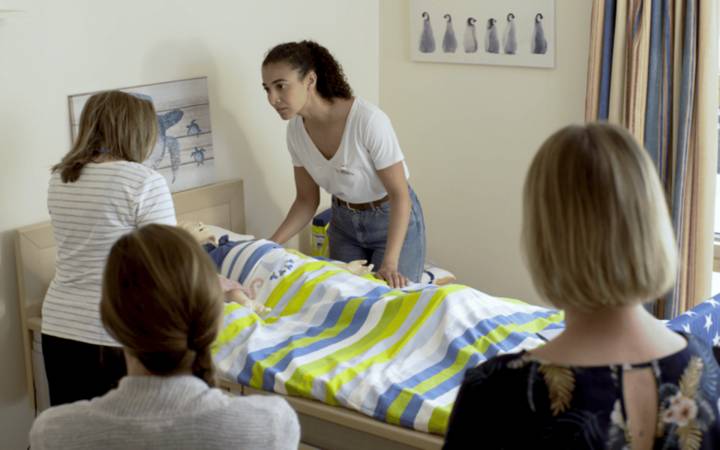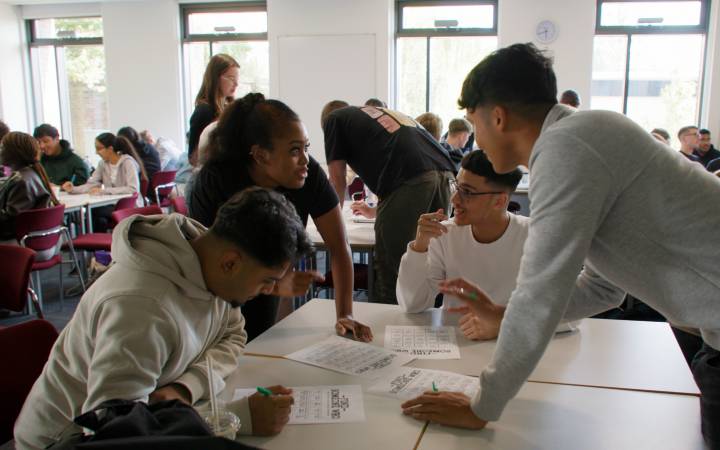Civic reception guests invited to put Kingston University's high-impact research under the microscope at showcase event
Posted Tuesday 20 June 2017
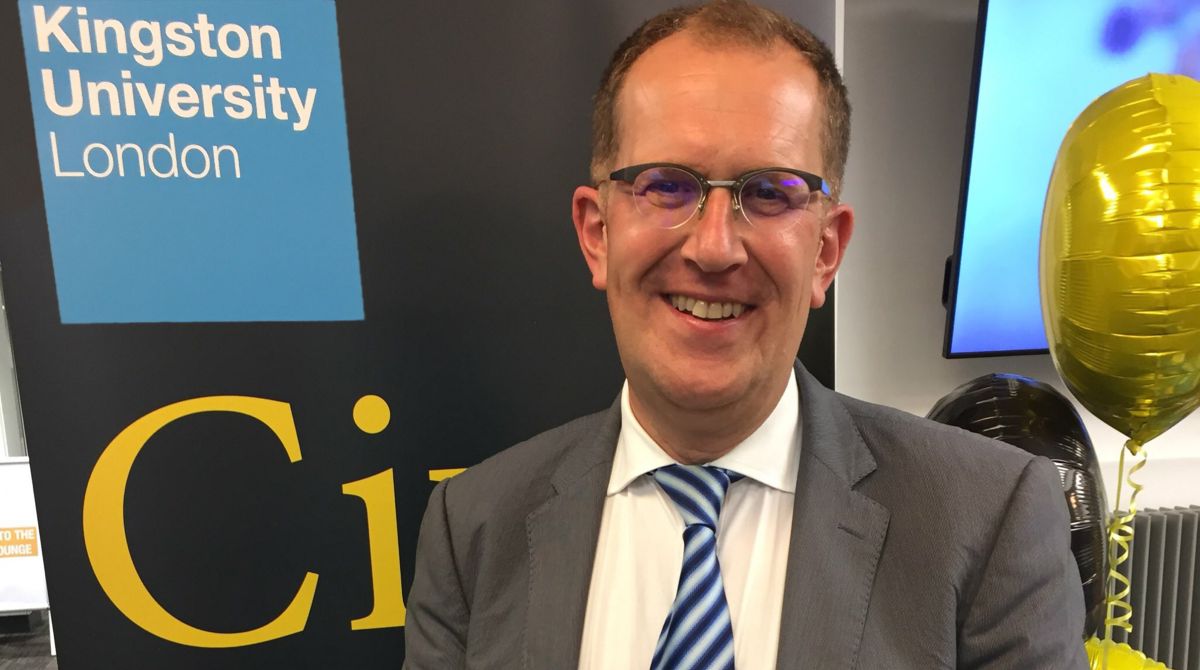 Vice-Chancellor Professor Steven Spier said the civic reception provided people with an insight into how Kingston University's research is changing lives.
Vice-Chancellor Professor Steven Spier said the civic reception provided people with an insight into how Kingston University's research is changing lives.
From getting hands-on with the latest virtual reality technology to discovering how to help pre-school children grapple with numbers and maths, visitors to Kingston University's civic reception were treated to a taste of how its researchers are playing a pivotal role in addressing real-life issues.
Guests from the local community were joined by the town's mayor Councillor Julie Pickering and a host of alumni, academics and dignitaries at the annual event at the University's Penrhyn Road campus, which shone a spotlight on an array of its high-impact research. Interactive displays exploring everything from the public's role in halting the spread of antibiotic resistance to the history of the institution itself impressed visitors, while researchers shared their big ideas first-hand in a series of talks. Topics ranged from revolutionising how women are represented in superhero comics to the role of experts in shaping the news and the benefit of multisensory rooms for people with dementia.
Vice-Chancellor Professor Steven Spier said the event was an important way to connect with the local community and demystify the University's research. "Our civic reception provided people with an opportunity to look under the bonnet and see how Kingston University really works – not just in terms of its research but also what we do for the local community," Professor Spier said.
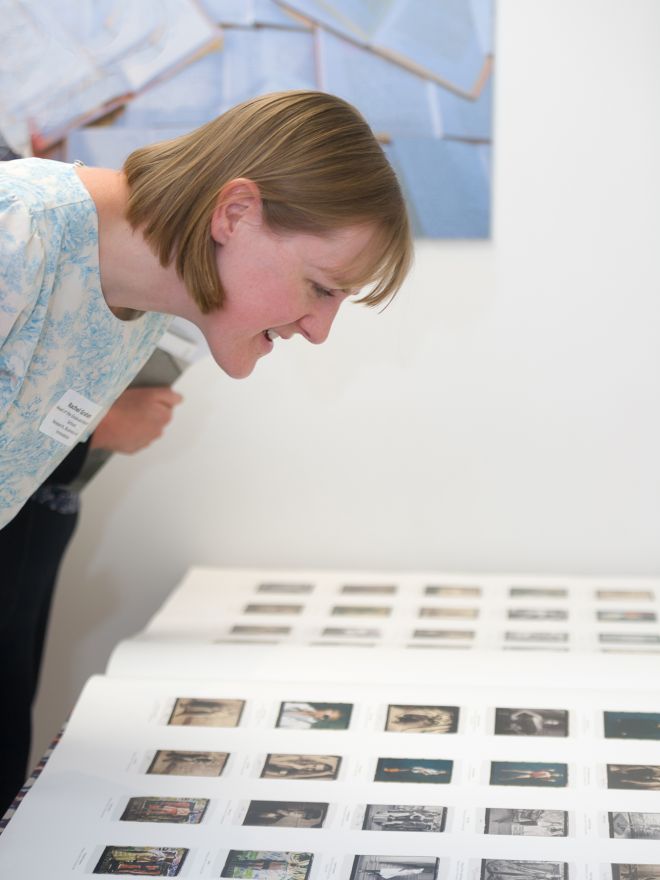 "It was fantastic to see how enthused people were to be back in a lecture theatre to hear from some of our experts about how their research is transforming lives. We're working on issues that really matter – like antibiotic resistance, cleaning up doping in sport and improving dementia care – real and contemporary problems."
"It was fantastic to see how enthused people were to be back in a lecture theatre to hear from some of our experts about how their research is transforming lives. We're working on issues that really matter – like antibiotic resistance, cleaning up doping in sport and improving dementia care – real and contemporary problems."
Dr Jo Van Herwegen from the University's Faculty of Arts and Social Sciences showcased her research into increasing young children's confidence and ability with maths and numbers. Working with pre-schoolers and their parents, Dr Van Herwegen has designed a series of interactive games that help children become more comfortable with figures. "People often think being good at maths at pre-school level is about being able to count from one to 10, but actually the ability to estimate – to make a snap judgement about quantitues, whether there is more or less – is far more important," Dr Van Herwegen said. She invited visitors to her stand to feel two brightly coloured socks filled with different sized beans and guess which contained more. Developing children's ability to guesstimate was a vital building block for sound maths learning, she explained.
Elsewhere guests were able to experience some of the University's top class facilities – the Faculty of Science, Engineering and Computing's new £53,000 Centre for Augmented and Virtual Reality Environments (CAVE) was one of the highlights. Visitors were invited to explore the CAVE and experiment with the latest virtual and augmented reality equipment that is helping to train the next generation of gaming experts.
Alastair Melville is a game development student at Kingston University. He used the CAVE's state-of-the-art technology to design a virtual reality game that tests combat systems. "Lots of the skills we learn through gaming are applicable to other areas of life, such as problem solving and spatial awareness," the 23 year old from Liverpool said. "I am designing a game that helps players learn skills that can be applied in business and career planning."
The crowds at Penrhyn Road seemed thrilled to have been able to get involved in an evening packed with inspiring talks and fascinating exhibitions. Kingston University's Deputy Vice-Chancellor for Research, Business and Innovation Professor Martin McQuillan said the event encapsulated one of the vital missions universities had to undertake. "It was particularly pertinent to see an exhibition by some of our doctoral students, who were challenged to explain their thesis to camera in three minutes as part of a national competition," Professor McQuillan said. "That is exactly what a university has to do and what tonight has been all about – producing new knowledge and translating what we do into something that the public can understand, see value in and benefit from in their own lives."
- Find out more about research at Kingston University
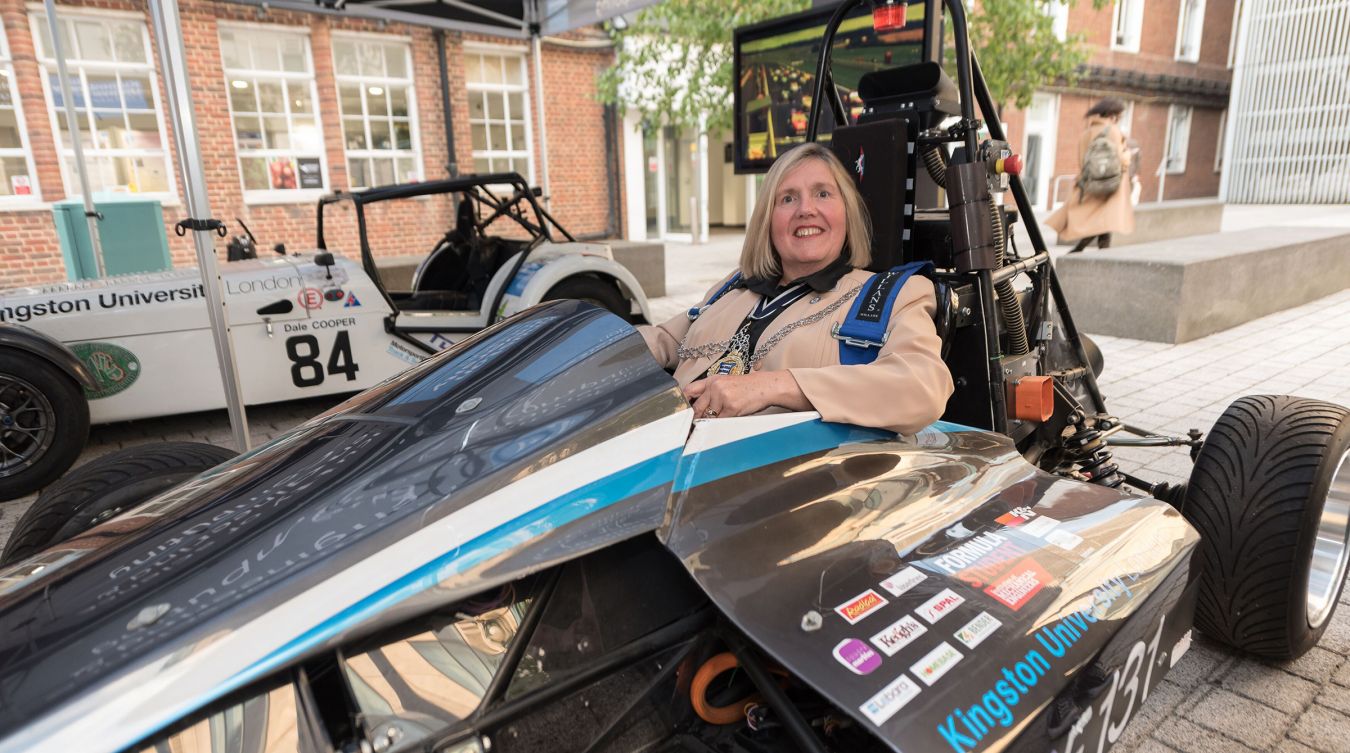 Mayor of Kingston Cllr Julie Pickering gets behind the wheel of the University's e-Racing car at the Civic Reception event.
Mayor of Kingston Cllr Julie Pickering gets behind the wheel of the University's e-Racing car at the Civic Reception event.Contact us
General enquiries:
Journalists only:
- Communications team
Tel: +44 (0)20 8417 3034
Email us

